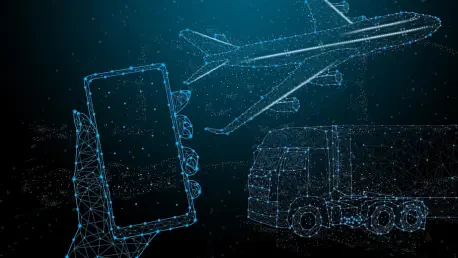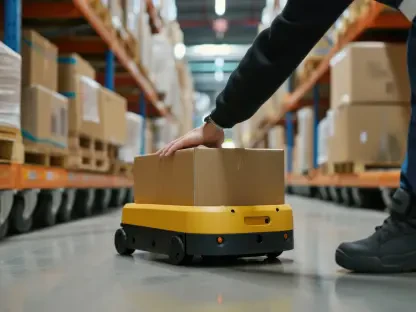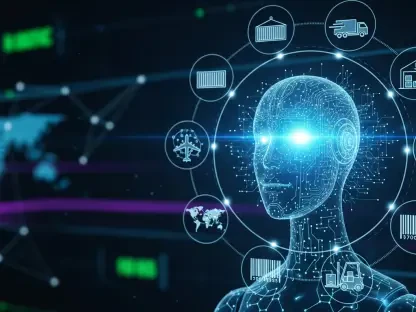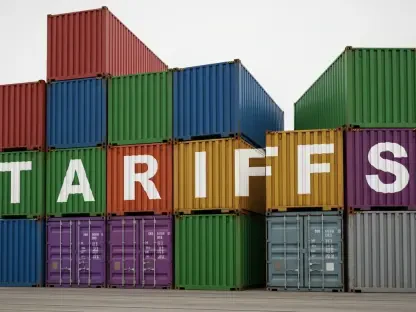How Digital Transformation Could Revolutionize Logistics
What role does digital transformation play in the future of freight transport in the EU? Evolving from manual processes to digital systems promises efficiency and reduced errors. In today’s complex market, data shows that antiquated systems saddle the EU freight industry with billions of euros annually in administrative costs. Could the implementation of electronic Freight Transport Information, or eFTI, provide the breakthrough this industry needs?
Why eFTI Is Crucial for EU Logistics
The European freight sector is still heavily reliant on paper documentation, an outdated approach that seems misplaced in a digital age. This reliance breeds inefficiencies, driving up the costs associated with freight transport operations significantly. With the world moving at a rapid pace, the EU must keep up. The eFTI regulation not only sets a new standard for paperwork digitization but also aligns with the broader industry goals of enhancing efficiency and lowering costs. The potential savings and economic impact are huge, with estimates of over 27 billion euros being freed up over the next 20 years.
Decoding the eFTI Regulation Framework
The eFTI Regulation is poised to establish a standardized method for exchanging digital transport information across all EU member states. This regulation offers substantial benefits to stakeholders, simplifying complex logistical processes and minimizing discrepancies in document handling. Case studies illustrate current inefficiencies, such as the 45-minute vehicle inspections that can be reduced to mere minutes with eFTI implementation. Not only does this save time, but it also improves the agility and responsiveness of logistics networks across Europe.
Perspectives from Industry Experts
Insight from industry leaders underscores the significance of a cohesive approach to implementing eFTI. Experts like Andreas Nettsträter and Raoul Wintjes emphasize that collaboration and open-source technology frameworks are vital for realizing the full benefits of this digitization. In the initial stages of eFTI, there have been challenges, such as financial implications for smaller logistics companies, but there’s a growing consensus on the need for uniform standards to overcome these hurdles. Successful pilot programs have shown promising results, suggesting that widespread adoption could significantly transform the sector.
Bridging Technology Gaps with Practical Applications
A robust ICT infrastructure is essential for the effective adoption of eFTI, requiring the development of dedicated platforms and gates. These technological advancements will facilitate secure data exchanges, underpinning the digitized logistics landscape. The challenge lies in ensuring that small and medium-sized enterprises, alongside larger firms, can participate equally in this transition without incurring prohibitive costs. The strategy of fostering an open-source environment encourages wide-reaching collaboration, allowing all industry players to contribute to and benefit from the growth.
Paving the Way for a Digital Future
In conclusion, the realization of eFTI’s full potential hinges on the collaboration among companies, authorities, and other stakeholders. This regulation not only marks a stride toward enhanced data management, but it also acts as a catalyst for further innovation by dismantling bureaucratic barriers. Moving forward requires a commitment to sustaining cooperative efforts and investing in joint technological initiatives. This spirit of partnership and shared goals is essential for harnessing the transformative impact of eFTI, empowering the EU freight sector, and fostering a new era of logistics operations.









